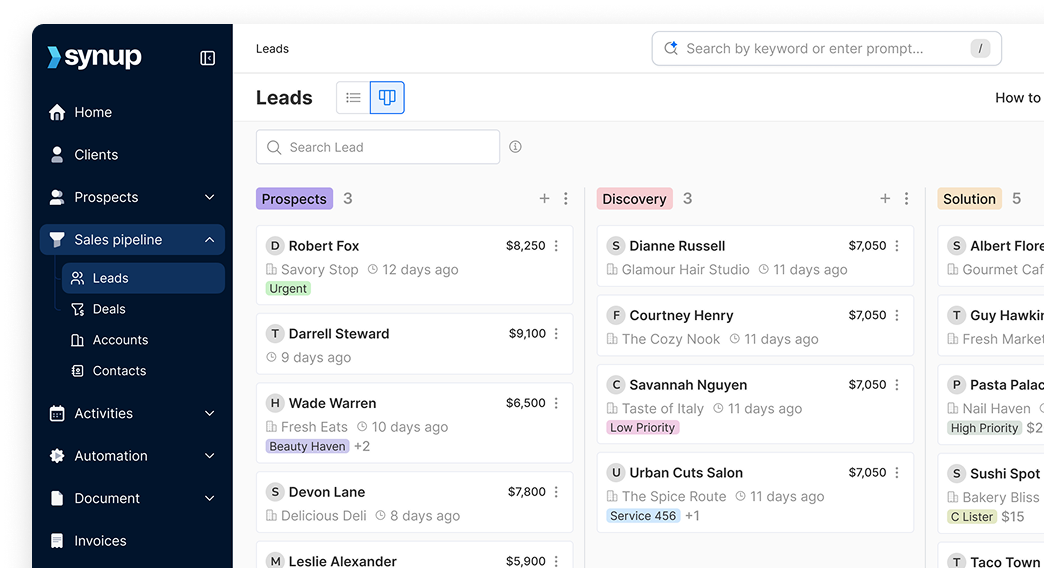How to remove a bad review/rating on Facebook
One crucial element in business is online reviews and ratings. Receiving a poor review could harm your brand's reputation. However, your issue can be resolved using our detailed instructions for deleting bad Facebook reviews.
Approximately three billion people worldwide use Facebook, and around 90 percent of consumers check online reviews before completing a purchase. These may be separate statistics, but business owners trying to get their brand in front of a large, targeted audience can’t help but view them as one.
Facebook Reviews Yield Great Power
Facebook gives users the opportunity to leave feedback on a business profile that describes their experience buying from the company or just interacting with it. Smart business owners know that both positive and negative Facebook reviews can have an enormous impact on their bottom line.
While everyone hopes to receive only 5-star reviews, the reality is that most businesses can count on at least a few 1-star reviews, with or without written commentary. However, not all negative reviews are legitimate. Some may be from competitors hoping to taint the company’s reputation or from a disgruntled former employee. The good news is that businesses with a Facebook page have options for removing negative reviews.
Step-by-Step Guide to Remove Negative Facebook Reviews
Follow these steps to potentially erase poor Facebook reviews.
Step 1: Stay on Top of New Reviews
Business owners should assign the same person to read new reviews each day and notate problematic ones.
Step 2: Flag Negative or Fake Reviews
Flagging a review informs Facebook that the business representative believes the post goes against its community standards. Here are several common examples:
- Graphic content
- Hate speech
- Irrelevant to the business
- Nudity
- Spam
- Threats of violence
The person flagging the review will need to locate three dots in the right-hand corner, click the drop-down box, select the appropriate option, and provide a reason for the action.
Step 3: Consider Responding to the Review
Follow-up is good in most cases, except when the review is obviously a personal attack on the business or its employees. For example, a staff person could offer to compensate a customer who complains about a long wait time at a fast-food restaurant with a coupon for a free menu item in the future. Even if the complaint is legitimate, other people reading the review will see that the business cares about customers’ perceptions and wants to make things right for them.
Step 4: Ask Customers to Leave Positive Reviews
Most consumers understand that any business can have an occasional bad review. They are much more likely to overlook it if they see plenty of good reviews and a high overall ratings average. Businesses can encourage customers to leave good reviews by offering a small incentive at the time of the sale or during a follow-up email. Any communication with customers about reviews should stress that someone is always available to address any concerns as well.
Final Thoughts
Businesses can always disable all reviews on their profile page, but that means they miss out on all positive feedback too. Outsourcing review management to an experienced reputation management company is a better solution and can be ideal for companies with staff that doesn’t consistently have time in their schedule to manage online reviews.




